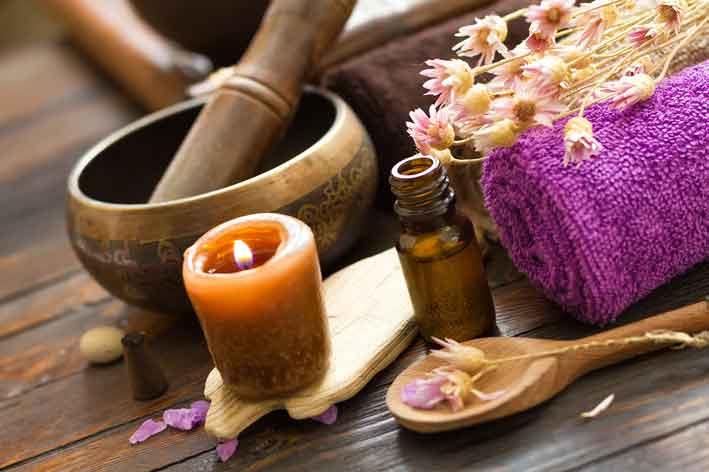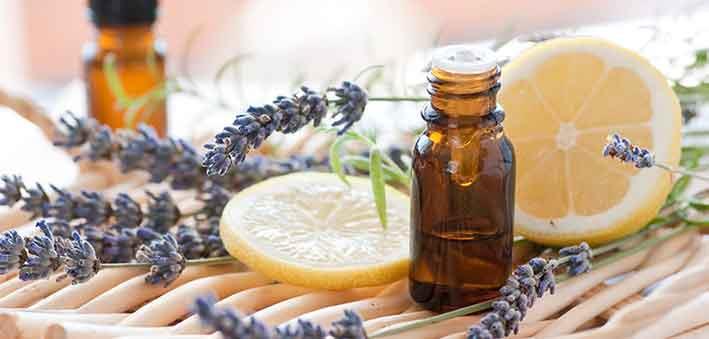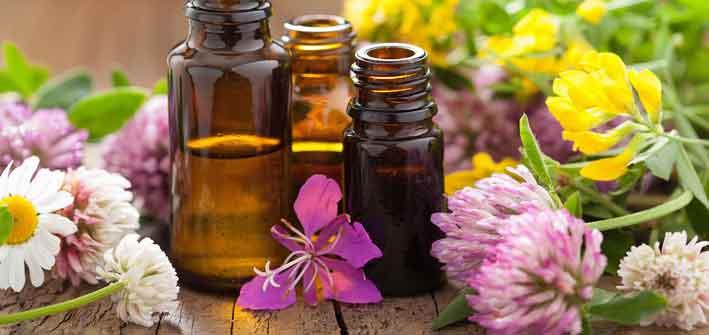The sale of oils for ‘medical’ or ‘therapeutic’ needs by companies is simply a marketing tactic and the improper use of essential oils can be dangerous, a qualified aroma therapist has warned.
Aromatherapy is a holistic and complementary therapy in which essential oils are used. Aroma therapists are trained extensively in the chemistry of these essential oils.
Speaking to The Malta Independent, Clinical Aromatherapist Marika Fleri explained the dangers that that surround the misuse of oils and the importance of companies in Malta to know what they’re selling and what they’re telling they’re customers.
What is currently happening in the sphere of aroma therapy?
We are witnessing the dangerous growth and spread of multi-level marketing essential oils companies. This has been happening abroad for quite some time and a quick search online will bring up many cases of injuries due to the unsafe use of oils. This problem has now arrived in Malta.
People selling these oils are not qualified in aromatherapy and therefore they cannot guide the general public on the correct and safe use. These companies are claiming that there oils are ‘medical’ or ‘therapeutic’ grade, which is purely a marketing term. There is no such thing as a medical or therapeutic grade oil as all oils from reputable suppliers have a therapeutic value. What we should be looking for are genuine and authentic, plant derived, preferably organic or wild crafted, unadulterated essential oils.

What are these sellers doing ‘wrong’?
Sellers is indeed the correct term here because these are sales people, not aroma therapists. Aromatherapy is a holistic and complementary therapy and aroma therapists are trained extensively in the chemistry of essential oils, in pharmacodynamics and pharmacokinetics, anatomy and physiology to name a few. They are trained to conduct an extensive consultation with their clients and after taking into consideration all factors, they are trained to prepare a personalised blend or blends for each and every client and advise on correct and safe method of administration. Another very important part of an aroma therapist’s ‘job’ entails following up on her client on a very regular basis.

What examples can you give of what not to do with these oils?
Essential oils should not be taken internally irrespective of the brand used. They also should not be applied undiluted to the skin, irrespective of the brand or oil being used (not even lavender and tea tree).
They should not be added to your bath water. They should first be diluted in a vegetable oil (eg almond oil, olive oil, grapeseed oil) or unscented shower gel, as essential oils are not soluble in water.
Certain essential oils (e.g. certain cold pressed citrus essential oils) are phototoxic and should not be used before 12 to 18 hours before exposure to UV rays as these can cause burns.
They should not be used on children, the elderly, frail people and pregnant ladies without consulting an aroma therapist.

What do people need to know?
People need to know that aromatherapy is not magic. It is science. It is chemistry and biology with the added benefits of the magical touch and wholeness of nature. As with every other profession, we have people who have invested a lot of their time and energy studying and researching these oils and their safe method of administration. There is no short cut to becoming an aroma therapist and we are very passionate about our subject. We are not in this profession for the money, since most aroma therapists do not sell essential oils and we love to teach people how to use essential oils at home but always in a safe and correct way. Being natural does not mean safe and these oils have to be treated with the respect that they deserve.

General Safety Instructions:
1. Keep all essential oils out of reach of children and pets.
2. Do not use or recommend the use of photosensitizing essential oils prior to going into a sun tanning booth or the sun. Recommend that the client stay out of the sun or sun tanning booth for at least twenty-four hours after treatment if photosensitizing essential oils were applied to the skin.
3. Avoid prolonged use of the same essential oils unless they are being used under the guidance of a qualified health professional.
4. Avoid the use of essential oils you know nothing about on your clients. Research and get to know the oil prior to using it on others.
5. Avoid the use of undiluted essential oils on the skin.
6. Do not use if you are or suspect that you can be pregnant without consulting a professional aromatherapist
9. Keep essential oils away from the eyes.
10. Essential oils are highly flammable substances and should be kept away from direct contact with flames, such as candles, fire, matches, cigarettes, and gas cookers.
12. Do not use essential oils internally.
13. Do not use on newborns.
14. Do not use on children, the elderly and frail individuals before consulting a qualified aromatherapist.
When in doubt always seek advice from a professional aroma therapist.
General methods of home use and safe dilutions
Baths: 6 to 8 total drops in 5ml shower gel or vegetable oil added to a bath of water. Mix well to disperse oil before entering bath
Foot and hand baths: 8 drops in 5ml vegetable oil or shower gel added to a bowl of warm water. Mix well before using
Inhalations: 8 drops to 100ml water
Aromatherapy diffuser: Total of 6 drops in burner. Add essential oils drops to water in upper compartment of burner. Light candle and enjoy
It is best if two to three essential oils are mixed together to derive maximum benefits. When mixed well essential oil create a synergistic blend which enhances properties of individual oils.
Other uses: Room spray, wardrobe and linen scents, kitchen and floor disinfecting and loads of other uses.